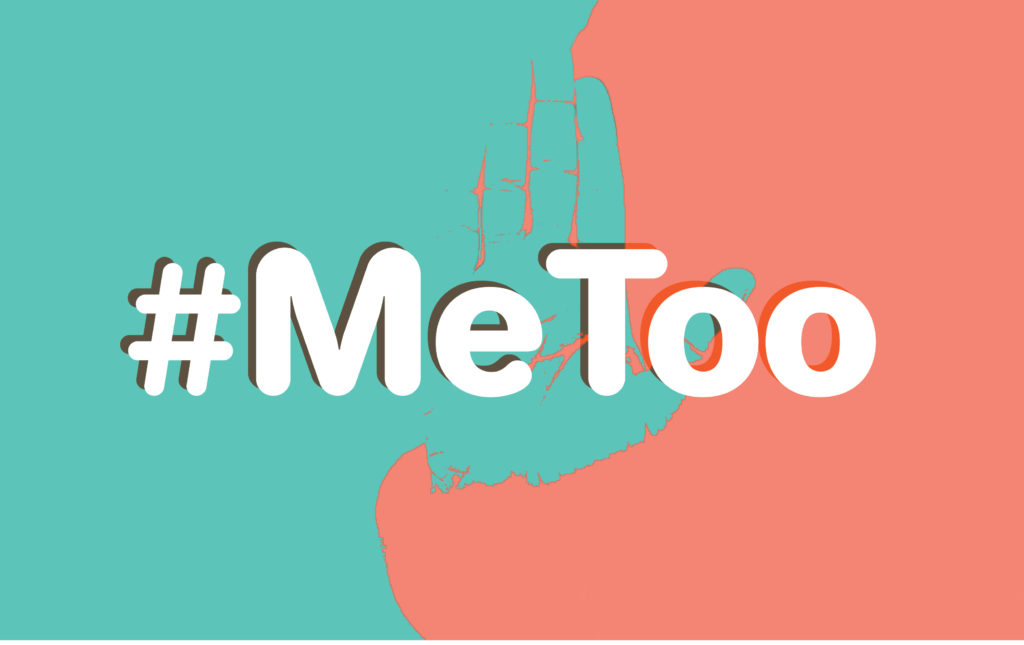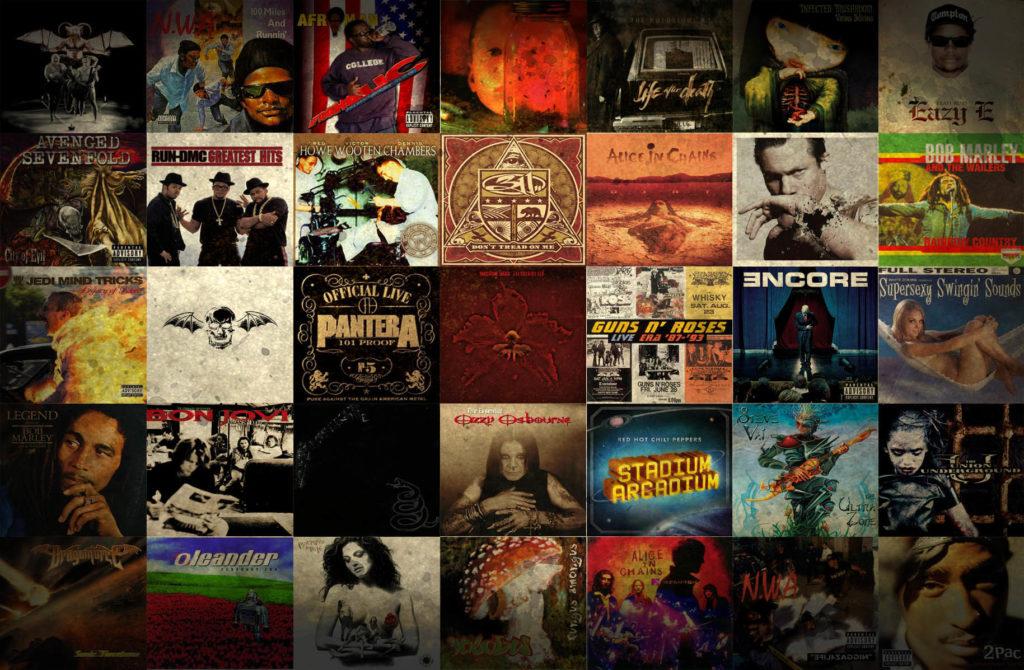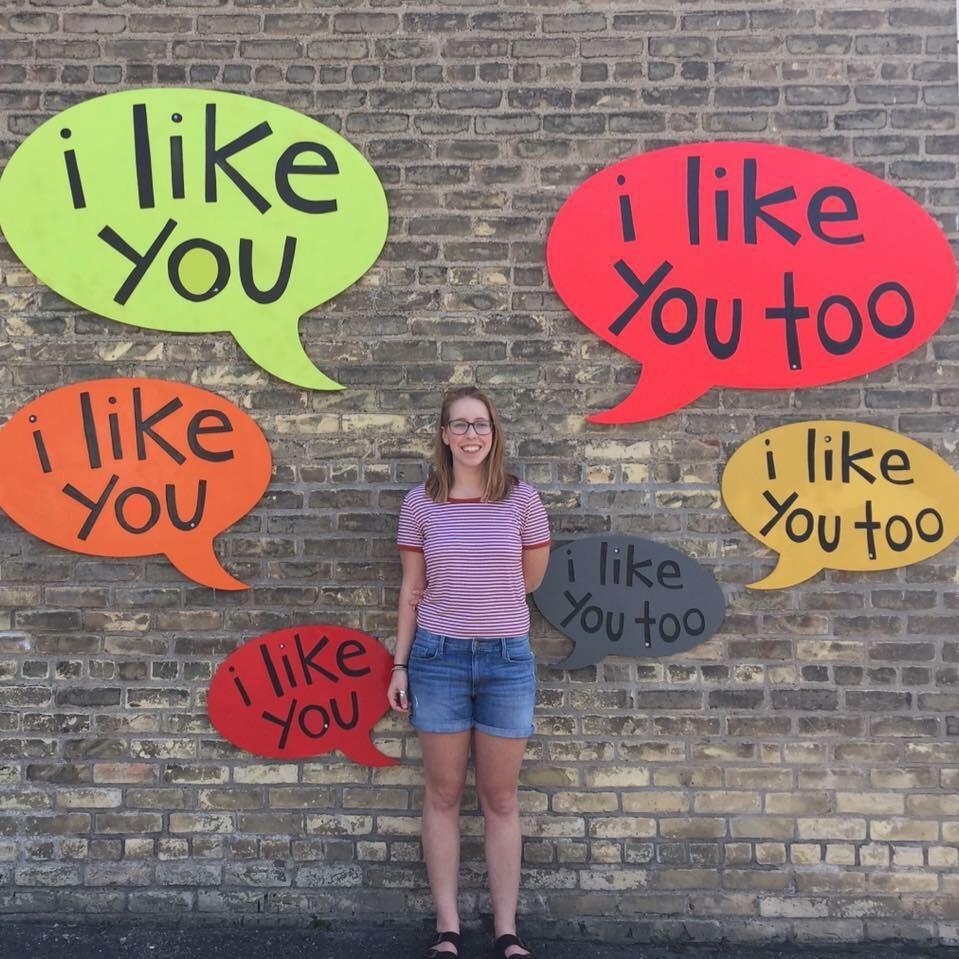A few weeks ago, I went to AWP (the American Writers and Writing Programs Conference and Bookfair) hosted at the Convention Center over two days. Hectic as huge conferences are, I spent the first day exhausted, anxious, self-conscious and disoriented. I expected as much for the second day and was pleasantly surprised at how affirmed, rejuvenated and inspired I felt at the end of the day. I attribute some of the change to my delayed realization that I am in fact a writer. Mostly the difference came from being able to spend the whole day with a dear poet friend of mine, Danny Ross ’15. We guided one another through the chaos and came out the other side fulfilled and whole.
While I hold our exchanges too close to my heart to share, I will say that I learned so much from him and he learned from me as well. One of the topics we touched on was mentoring, a kind of relationship which anyone who knows me knows I treasure dearly. I named him as my peer-mentor that day, and since then I have been reflecting on how key mentorship has been to building myself and my beloved communities. I hold mentoring relationships in such high esteem because I know I would not be here and where I am today without them.
I can say so so securely because, in high school, two teachers saved my life. I had them both during the two difficult moments when I was still surviving violence instead of just being a survivor. My grades slipped and they noticed and reached out. Their attention felt like—and was—care, which I needed desperately at the time. As men, they also gave me an example of positive, non-violent masculinity that I was not finding in other areas of my life. While I hesitate to call them my mentors (we were not very close), in them I found inspiration, hope and drive to create opportunities of care for others. Then in my final year of high school, I surrounded myself with teachers and advisors who helped me acknowledge and actualize my potential. I would not be at Macalester without their support (quite literally, it was either my principal or internship advisor who recommended Mac to me).
Once at Macalester, it took some time for me to find mentors and to even define what mentorship means to me. I felt the inkling starts of mentorships when I wanted to take classes with one professor again and again, or when I felt transformed as a writer when revising an essay according to their suggestions or when I found myself breaking down the pedagogical choices of awesome cohort leaders. If you have these impulses, those people are definitely places to start if you are seeking mentors! Even though it can be intimidating (I was too shy to do so for awhile), set up meetings with them and go to their office hours. Talk to them about class or work or orgs, ask them about their research or the programs they manage, do an informational interview about their career trajectories or share with them your goals. These strategies can all open up deeper and more frequent conversations.
The effort is so worth it, I promise. In my most successful mentorships (and what I hope I enact with my mentees), I have been raised up. Just what a mentee is raised up to differs from mentorship to mentorship. In mine, especially with professors, I see them pulling me up as a maybe-hopefully-one-day peer and colleague. Mentors share their knowledge, and they seek to realize that knowledge in their mentees. I believe this act can be deeply radical: instead of hoarding their success, paying it forward is a way to spread resources and knowledge, especially when the mentees are people from historically marginalized communities who need support in a world that so often refuses to acknowledge them. I am honored by the attention I have received from my mentors.
It’s important to understand that a single mentor doesn’t have to mentor you in everything you do and are. While it is tricky to draw lines around what I gain from who, I know I go to my different mentors depending on the issue: with writing help I might go to one person, and spiritual healing I might go to another. The points of connection you have with someone might be very specific. That is not only okay, but (I would argue) ideal so you do not strain the single relationship if the mentor cannot best offer you support in one way or another. Instead, dare yourself to get to know and care about more people. Sometimes (as is the case with many professional settings, where mentoring sometimes will be put to a schedule), mentorships might last for a short while, but the impact can be enormous.
And if you cannot find one, consider looking for opportunities to become a mentor to someone else. Good mentors inspire mentees to become mentors themselves, Be the mentor you wish you had, start up that learning chain and give someone else an example of leadership and care as you envision it. So casually check in with people who might need a boost, especially the PFs, first-years and sophomores in your life. Ask them if they have questions. Let them know you are available to chat. Become more intentional leaders in your orgs, work and other communities. (Unfortunately for mentees, I am still stumbling through learning what it means to be a mentor, but I sincerely hope I have given them even a sliver of the care given to me by my mentors). Or as is the case with my friends, discover a peer-mentorship. Become vulnerable and earnest in both your and your peers’ learning, commit to making that happen for one another and let yourself be transformed.
Some people go through Macalester without mentors or mentees, and they can do just fine, especially once they find support and inspiration from other places. And I get it: not every mentoring relationship will be a holistically positive experience. Relying too heavily on external validation can be both unhealthy for your development and overtaxing to your mentors/mentees. Sometimes you just won’t click with someone. Sometimes people are too busy for you. And as with any relationship, there is the potential of violence, miscommunication, pain and insecurity within mentorships.
Still, I make the case so strongly for mentorships for the way they radically broaden and enrich community through sharing resources, knowledge and hope. Let yourself be transformed by a mentorship, whether as a mentor or a mentee. And if nothing else, I take this moment to selfishly acknowledge my mentors with all the earnestness and severity I can afford such an action. Years ago, I lived for eons with the thought that I was not going to survive the year—the month—the day. That belief pressed into my skin. Although I largely settled these fatalistic anxieties for myself before I came to Macalester, I did not escape the long term and rhizomatic internalization of them. For so long I defined myself only through the past, and I truly believe only through my mentors’ guidance could I look to the future. I often joke about having a 20-year plan, but understand that when I do so I do so in awe of imagining a possibility of living 20 more years, with a lifetime beyond that to prosper in these dreams.
What joy has it been for me to realize a tomorrow before myself, and I know it was with, through and alongside my mentors’ example that I can create for myself such a loving, hopeful future.










Justin Nash • Sep 10, 2019 at 10:25 am
Someone necessarily lend a hand to make severely articles I’d state. This is the first time I frequented your web page and to this point? I surprised with the research you made to make this particular submit amazing. Fantastic activity!
Oliver Pullman • Sep 5, 2019 at 12:37 pm
Hey! Do you use Twitter? I’d like to follow you if that would be okay. I’m undoubtedly enjoying your blog and look forward to new updates.